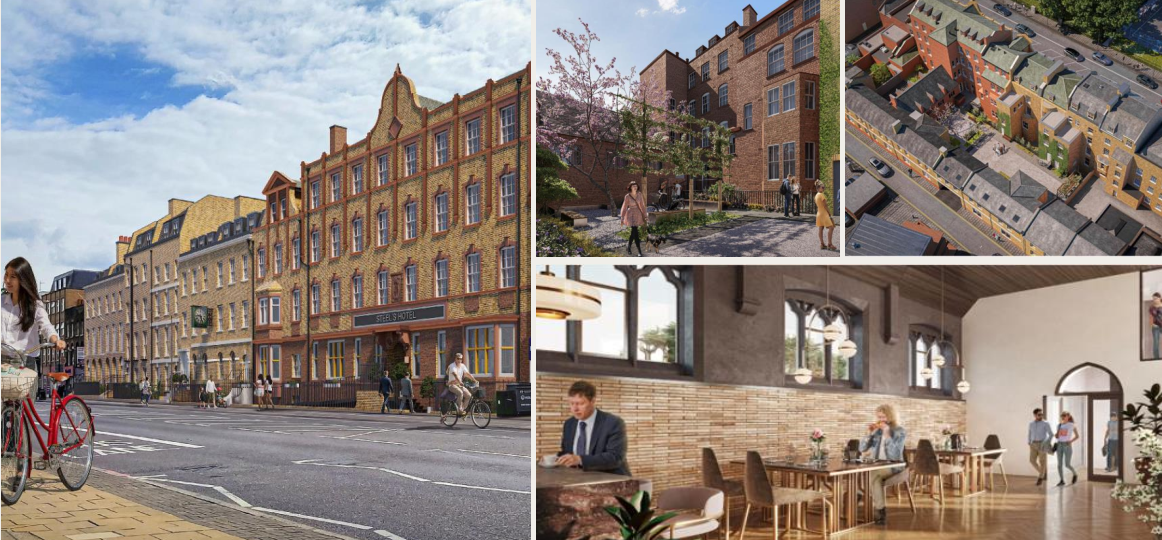Hanner is partnering with Kaita Group to invest in a rental housing project in London

Property developers Hanner and Kaita Group are planning a co-living project called Youston in central London that will provide 105 homes for the London rental market.
The redevelopment of the building in central Tower Hamlets is estimated to cost around €30 million. With a total floor area of 3,200 sqm following the reconstruction, the first tenants are anticipated to move in by the end of 2026.
Each unit will feature its own kitchen and bathroom, and residents will have access to shared facilities, including recreational areas, a gym, and a shared dining room.
This marks the second co-living project that the companies have developed together internationally, following a successful implementation in Prague, the Czech capital, where more than 100 units were also made available for rent. The complex in Prague currently enjoys 100% occupancy.
“We view the London market as favourable for investment in rental projects, especially as many major cities continue to face a shortage of rental supply due to population growth. In this context, we are actively seeking opportunities across various European cities,” says Arvydas Avulis, Chairman of the Hanner Board.
Hanner is also pursuing similar projects in Poland, including the construction of a second student co-living project in Warsaw for €25 million, marking the company’s fourth such project in the country. Student housing in Krakow opened in 2023, with plans for a similar project in Wroclaw.
Kaita Group CEO Ugnius Latvis notes that the company has two co-living projects in its foreign portfolio: one in Prague and another currently under construction in Riga.
“We have been eager to enter one of the world’s most attractive cities for investment, as this allows us and our partners to showcase our Lithuanian product to London residents and visitors, while also drawing the attention of investors in rental projects,” says Latvys.
Developers anticipate an increase in demand for co-living projects across Europe, driven by migration from rural areas to cities and the heightened mobility of young talent. According to United Nations statistics, while 70% of Europe’s population resided in cities in 1990 and 73% in 2014, that figure is projected to reach 82% by 2050, meaning around 60 million more people will move to urban areas.